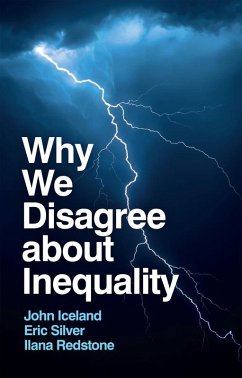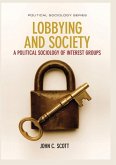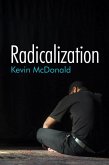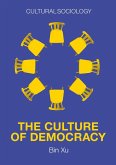Dieser Download kann aus rechtlichen Gründen nur mit Rechnungsadresse in A, B, BG, CY, CZ, D, DK, EW, E, FIN, F, GR, HR, H, IRL, I, LT, L, LR, M, NL, PL, P, R, S, SLO, SK ausgeliefert werden.
Hinweis: Dieser Artikel kann nur an eine deutsche Lieferadresse ausgeliefert werden.
Jennifer Hochschild, Harvard University
"It might be thought that the typical person's views about gender, racial, or income inequality are a booming-buzzing admixture of beliefs that accrete in happenstance fashion. Not so! In this elegant contribution, it's argued that there are but two inequality worldviews in play, each very coherently organized around different first principles. A bold analysis of the cultural underpinnings of today's inequality wars."
David B. Grusky, Stanford University
"Original and persuasive. The 'culture war' is one of the most important and most discussed but also ill-defined issues shaping contemporary society. The book offers a very useful and well-argued framework for explaining the differences between the two warring parties in the culture war."
Luke Hildyard, Director of the High Pay Centre









